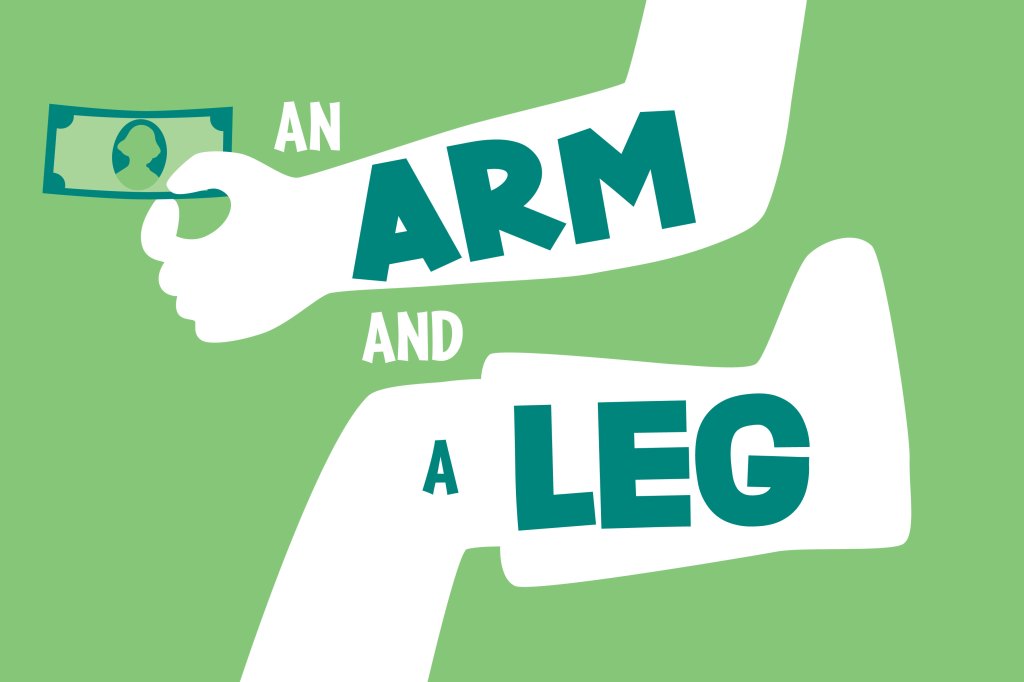In an effort to address the soaring costs of prescription drugs, the podcast “An Arm and a Leg” has gathered insights and strategies from various experts and listeners. Host Dan Weissmann, along with producers Emily Pisacreta and Claire Davenport, presents a series of practical tips to help individuals manage their medication expenses effectively.
The latest episode features Jeanne Chamberlin, a retired hospital manager from North Carolina. Chamberlin now volunteers as a coordinator for the Seniors Health Insurance Information Program (SHIP), assisting seniors in navigating Medicare choices. She reports that many individuals have significantly reduced their medication costs through strategic plan changes. In one instance, half of the seniors she assisted saved an average of $300, while others saved between $1,000 and $10,000 simply by switching plans based on their medication needs.
Chamberlin emphasizes the importance of reviewing Medicare plans annually, particularly during the open enrollment period in the fall, as formulary changes can lead to unexpected costs. “Every year, people come in and say their medication that used to cost $30 is now $300,” she explains. This often results from changes within their insurance plans, highlighting the need for proactive planning.
Throughout the episode, Weissmann introduces other contributors who share valuable insights. A pharmaceutical sales representative, who prefers to remain anonymous, offers a candid look at the industry’s inner workings and suggests viewing insurance denials as mere suggestions. He encourages patients to request free samples from their healthcare providers while navigating insurance approvals, a tactic that could provide immediate relief.
Another expert, Cristy Gupton, an independent employee benefits designer, advocates for the 340B program, which allows certain community health centers to purchase medications at significantly reduced prices. For example, a drug like Humira, which typically costs around $7,000 per month, can be acquired for as little as one cent through this program. Gupton advises individuals to seek out community health centers that offer sliding scale fees and participate in the 340B program, potentially making essential medications more accessible.
In addition to these strategies, the episode highlights the role of Erika, a patient navigator in rural Oregon. She assists patients in understanding their insurance coverage and guides them through the often daunting process of accessing necessary medications. Erika advocates for persistence, reminding patients that they must advocate for their health needs. “I advise all my patients to get a tattoo that says, be persistent,” she notes, emphasizing the ongoing challenges many face in securing affordable healthcare.
The insights shared in this podcast are part of a broader crowdsourced initiative aimed at providing listeners with practical solutions to the complexities of the American healthcare system. Weissmann encourages individuals facing high prescription costs to explore the resources available to them, including the full series of the “First Aid Kit” newsletter, which offers additional information and strategies.
Listeners can access these resources at the program’s website, where they will find detailed guides designed to empower individuals in their quest for affordable medications. As healthcare costs continue to rise, initiatives like “An Arm and a Leg” play a crucial role in equipping patients with the knowledge and tools necessary to navigate this challenging landscape.






































































